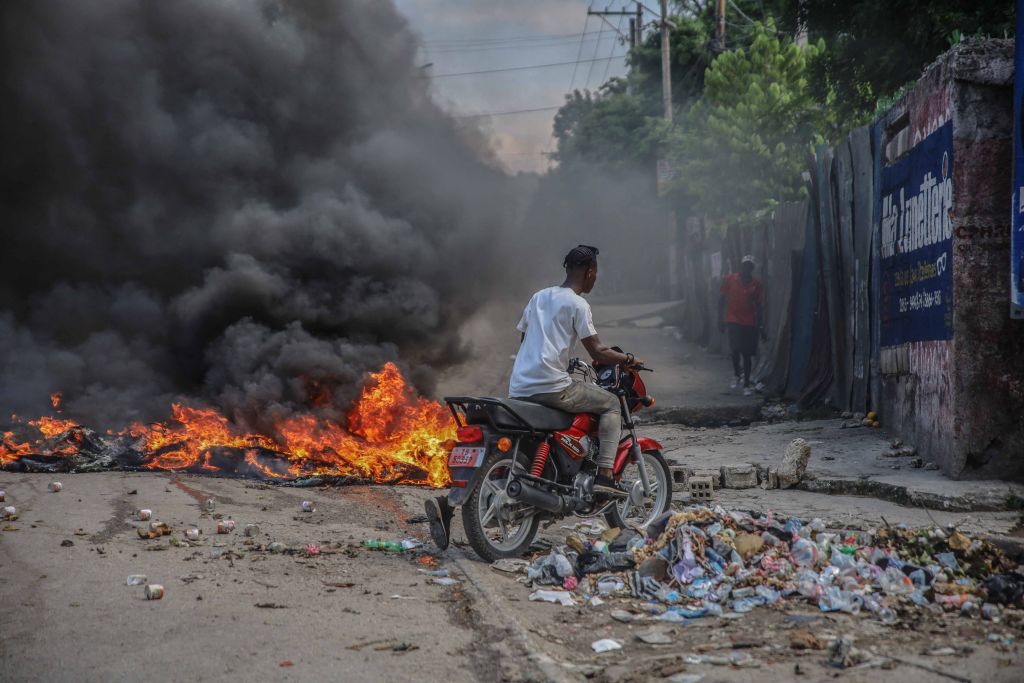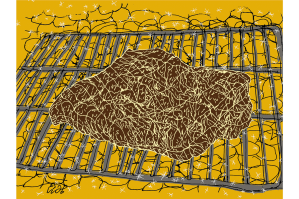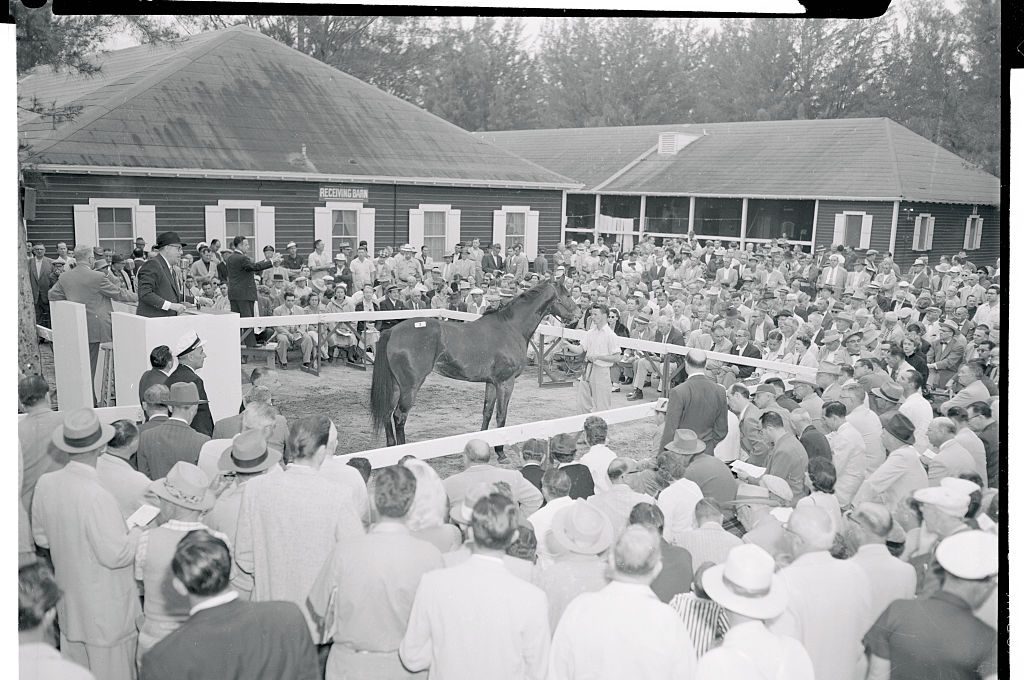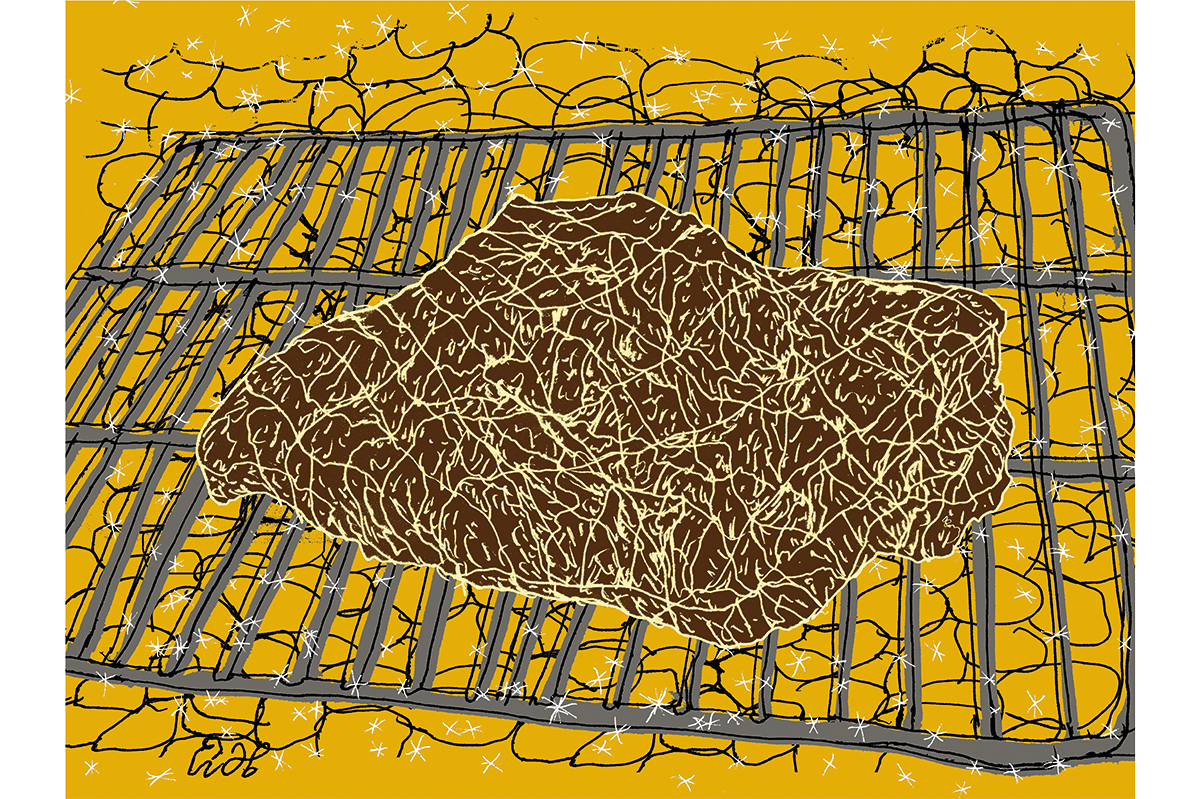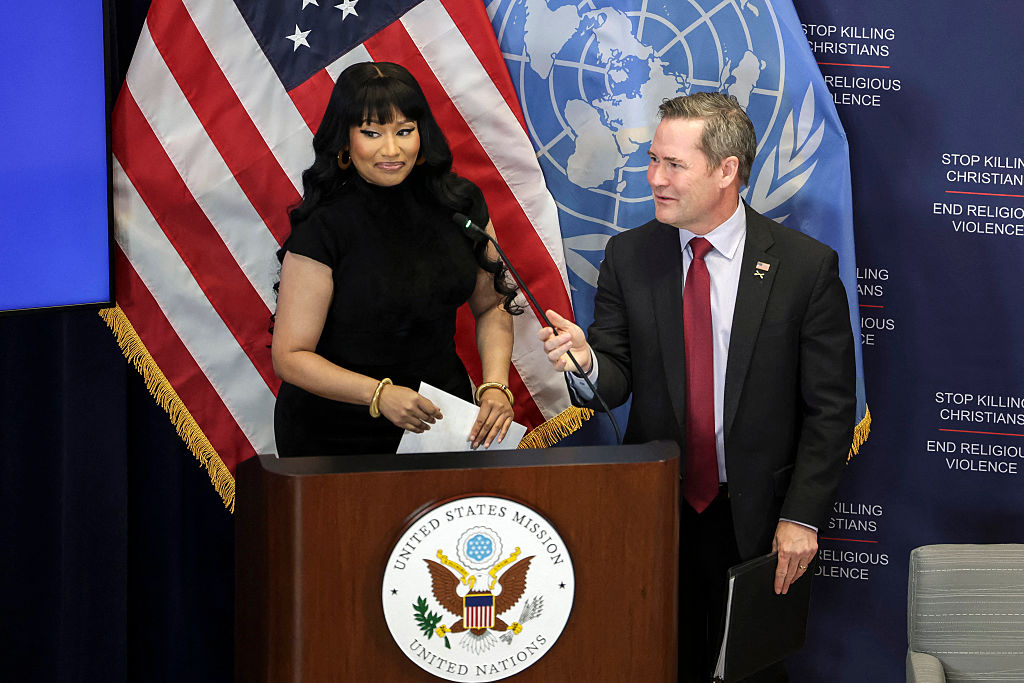Haiti has never been known as a beacon of stability and tranquility. Most of its politicians are feckless, in league with criminals, or too consumed with trying to stay alive themselves. America not so long ago intervened on the island twice in 10 years — the first time in 1994, when President Clinton’s threat of an invasion compelled the junta to reverse its coup three years earlier, and the second in 2004, when the Bush administration participated in an international stabilization force after Haiti’s president Jean-Bertrand Aristide resigned.
But this year has been an especially tough one for the Western Hemisphere’s poorest nation. Jovenel Moise, Haiti’s president, who was ruling by decree after the parliament was dissolved, was assassinated at his home in the middle of the night in July, thrusting the country into yet another political crisis. Weeks later, a deadly hurricane barreled over Haiti, killing at least 2,000 people and pouring fuel on the fire of an already massive displacement problem left over from the 2010 earthquake.
Then there was the migration crisis on the US southern border, in which tens of thousands of Haitians camped out under a bridge, hoping to enter the United States on claims of asylum. Now, as if the problems couldn’t get any worse, 16 Americans and one Canadian were kidnapped this week by a gang calling itself 400 Mawaozo, one of the dozens of Haitian criminal syndicates that roam the capital city of Port-au-Prince. The group is being held for a ransom of $17 million. The FBI is on the case, trying to find a way to negotiate their release.
For the Biden administration, Haiti is the definition of a no-win situation. Previous administrations have attempted to fix Haiti’s issues, only to leave dejected and demoralized over the lack of progress. The United Nations, which led a stabilization mission on the island for 13 years, hasn’t had much luck either. Indeed, the UN’s credibility is tarnished in Haiti; UN peacekeepers introduced cholera to the Haitian population, resulting in the deaths of 10,000 people, and some were accused of sexual abuse.
In an ideal world, Haiti’s government would have the capacity to take the lead. But the Haitian police are downright useless, outgunned and co-opted by gangs that might control as much as two thirds of Haiti’s entire territory. In fact, the leader of one Haiti’s biggest gangs is a former police officer.
All of which is a long way of saying that President Biden’s options in Haiti are extremely limited. Nobody is seriously contemplating sending US forces onto the island to cleanse Port-au-Prince of criminals and train a corps of semi-professional Haitian security forces — and frankly any US official who does suggest such a thing should be reassigned.
Biden could take the Haiti issue to the UN Security Council, perhaps tabling a resolution that would resurrect the previous UN stabilization mission in the country. But getting something through the Security Council is never easy. Assuming the Security Council would even close ranks to authorize such a mission, what’s left of the Haitian government (if we could call it that) would have to be onboard, at least if the blue helmets don’t want to face armed resistance. Given the UN’s spotty history in Haiti, this is no sure thing.
Slapping economic sanctions on the gangs, cutting their access to the UN financial system (the Treasury Department did sanction one major gang leader last December) is unlikely to have a long-term impact either. First, we don’t know if Haiti’s gang leaders have significant financial assets in US banks. And even if they did, Washington can’t discount the likelihood of retaliation — including, you guessed it, more kidnappings.
The best the US can hope for is that the men and women of the FBI make contact with the Haitian gang and find a way to spring the Americans and Canadians out of the country. Of course, hope isn’t a strategy. Unfortunately, Haiti seems to be immune to strategy, period.



